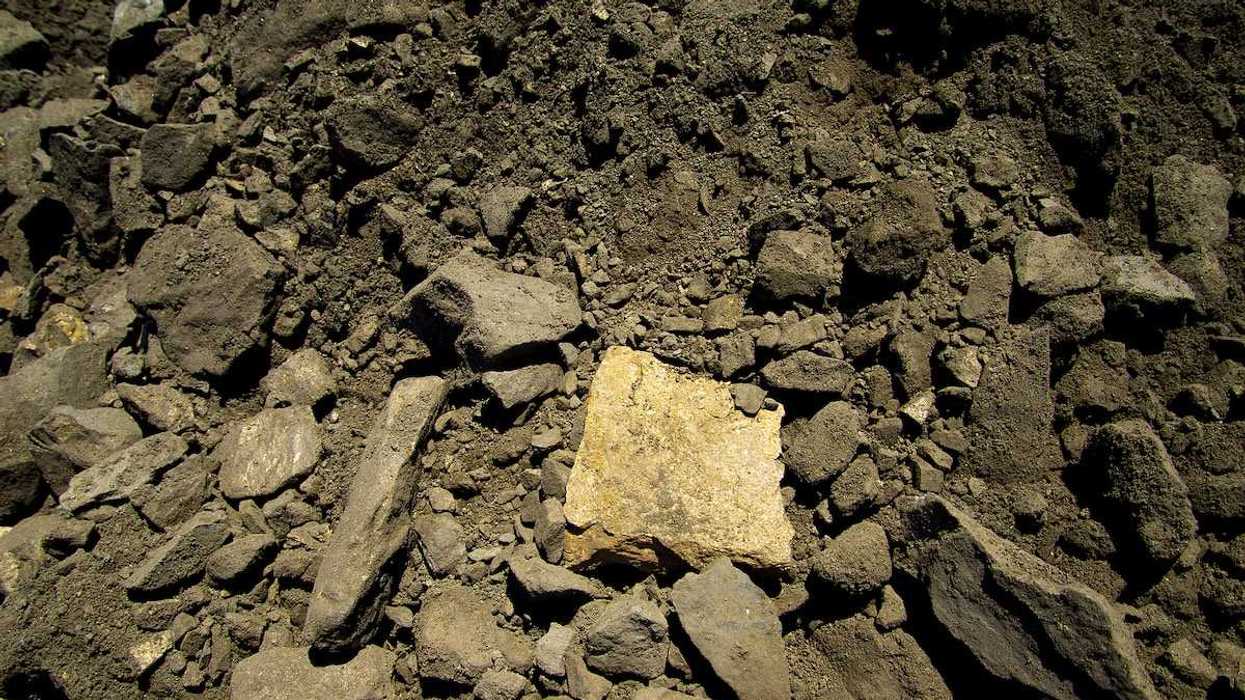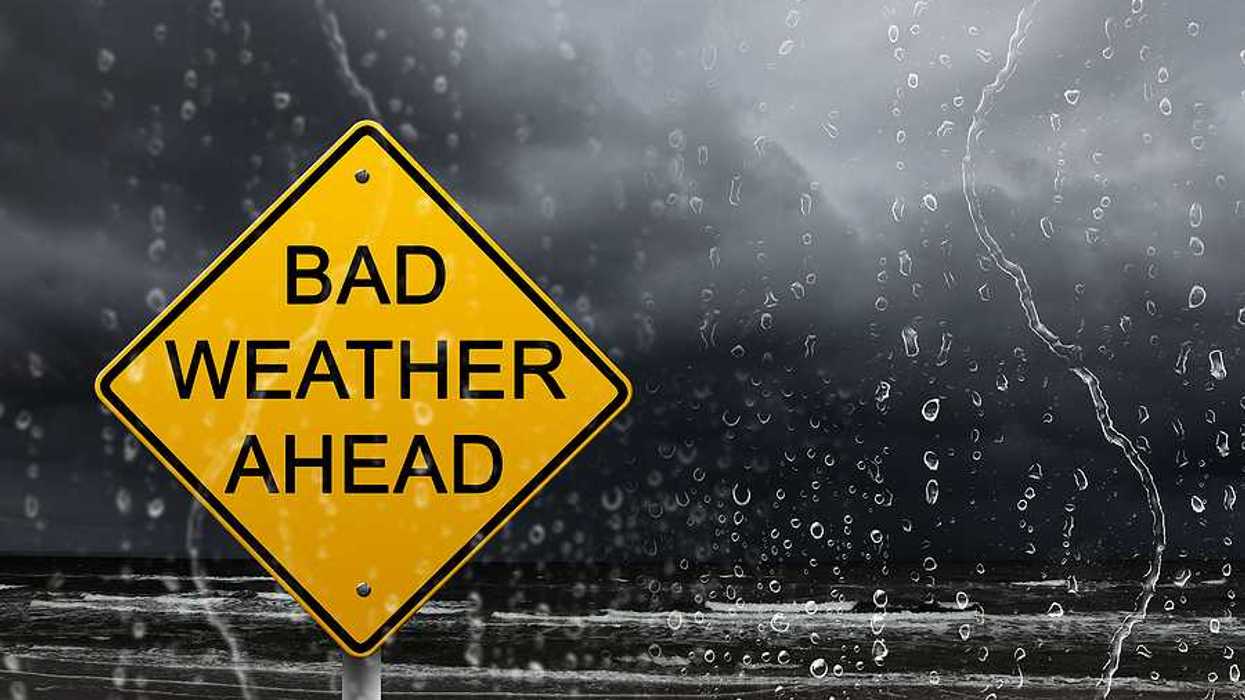Four years after back-to-back hurricanes slammed Lake Charles, Louisiana, the city is still grappling with the long-term impact of population loss, complicating its recovery and future political representation.
Zoya Teirstein reports for Grist.
In short:
- The 2020 hurricanes displaced nearly 7% of Lake Charles’ population, a loss that worsened due to inadequate tracking systems.
- The U.S. Census Bureau’s data collection was disrupted by the storms, invalidating much of the data gathered, complicating redistricting and resource distribution.
- The demographic shift deepened racial and economic divides, with wealthier, whiter areas recovering faster than poorer, predominantly Black neighborhoods.
Key quote:
“There’s no way the census, every 10 years, will be able to manage keeping up with the rapid population shifts that are already happening.”
— Daniel Aldrich, Northeastern University, professor of political science
Why this matters:
This isn’t just about a few people leaving town; it’s about whole communities being displaced, and the Census—the system meant to account for us all—might be missing the mark. Read more: Poor southerners are joining the globe’s climate migrants.














